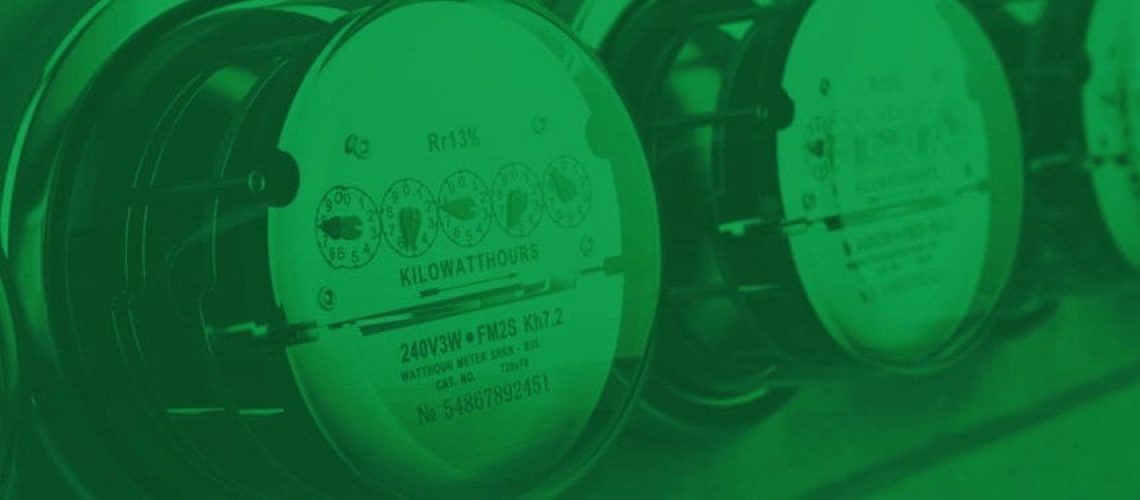As the use of technology increases worldwide, the need for efficient energy technology is also on the rise. With the increase in demand, people are also looking for more environmentally friendly, smarter technologies than former, outdated systems. While Solar and Wind technologies are beginning to make some headway, 81% of the United States still runs on fossil fuels. Making the switch to solar and wind is still a long way down the road and until that day comes we need to make good use of the power source we already have, natural gas.
However, standard power generation is intrinsically inefficient, almost ⅔ of the input of potential energy is lost. This is where CHP comes in.
Combined heat and power (CHP) or cogeneration is a means to generate electricity and thermal energy via a singular and unified, on-site system. In order to cut back on the losses of conventional power generation, heat that would normally be wasted is repurposed as useful energy. Whereas the standard method of producing power and heat has an efficiency of 38-40% , CHP delivers an unheard of 85% overall power efficiency.
How Does CHP Work?
Combined heat and power gives many the opportunity to capture potential energy that would alternatively be wasted. The term “cogeneration” was first coined in the 1970s to describe this practice. Many modern CHP systems burn fuel, such as oil, natural gas, biogas, etc., that turn generators to produce electricity and use heat recovery mechanisms to capture the otherwise lost heat from the engine or turbine. This recovered heat is then converted into thermal energy. Not only does this application of technologies indicate money saved and more energy produced, it also spells out a reduction of pollution that enters into the atmosphere.
Who Should Use CHP?
CHP can be used basically anywhere that there is a need for both electricity and thermal energy. According to the United States Environmental Protection Agency (EPA), over 4,400 facilities are currently operating combined heat and power systems. This includes but is not limited to:
- Commercial buildings—office buildings, hotels, health clubs, nursing homes
- Residential—condominiums, co-ops, apartments, planned communities
- Institutions—colleges and universities, hospitals, prisons, military bases
- Municipal—district energy systems, wastewater treatment facilities, K-12 schools
- Manufacturers—chemical, refining, ethanol, pulp and paper, food processing, glass manufacturing
If you interested in learning the benefits that CHP has to offer, contact Highland West Energy today to get a free savings assessment for your business or project so you can see just how much you can save, how much electricity and thermal energy the system will produce, and how much it will cost.






